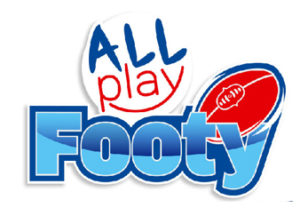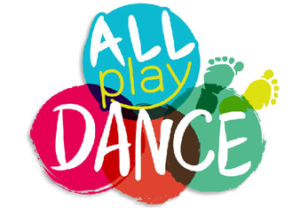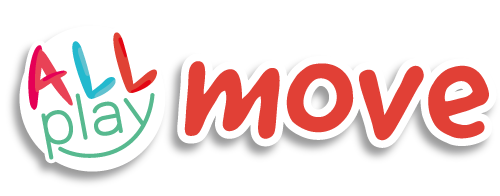
Research shows that getting children moving results in improved learning and health outcomes. AllPlay Move supports families, dance teachers, sports coaches and health professionals to support children and young people to engage in dance and sports programs that get children moving.
Here you will find information about the importance of movement and physical activity for children and young people, as well as resources to support children to take part in formal and informal physical activity programs.
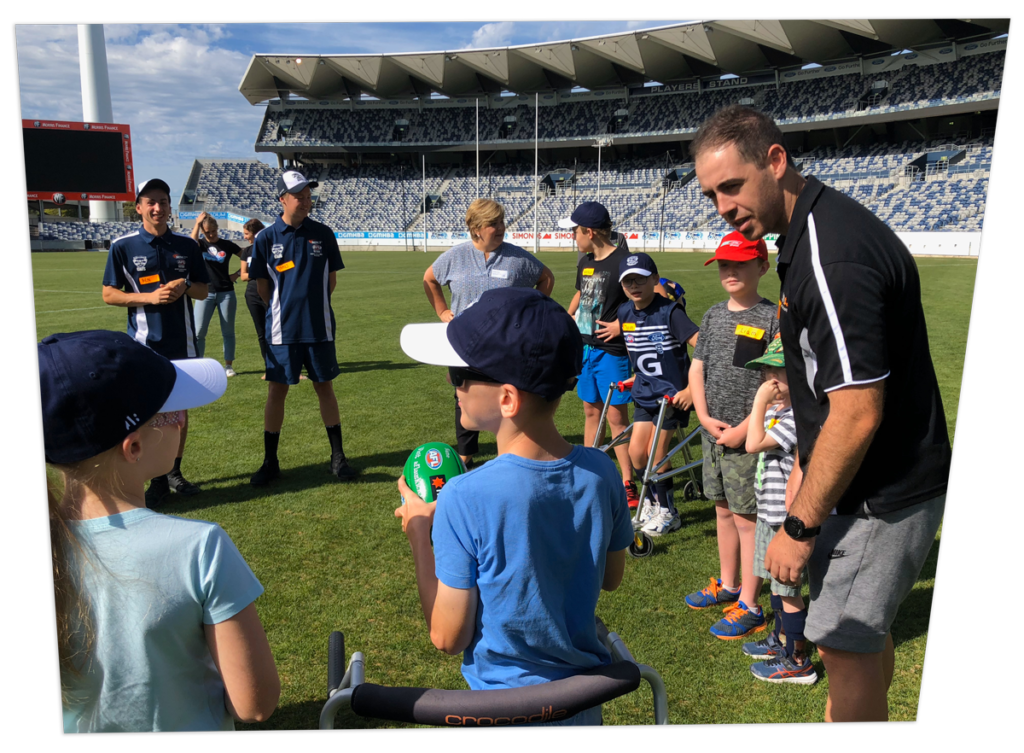
“As our children adjust to restricted opportunities to go to the local park, play footy with friends, join a dance class, parents are thinking more creatively than ever about keeping children active in the home. We hope that these resources will help parents on this journey and lead to some good outcomes in children’s emotional and behavioural regulation and other areas vital to good mental and physical health, such as a good night's sleep”
- Professor Nicole Rinehart, AllPlay Director
AllPlay Move for Parents/Carers
If you are a parent or carer, we have a range of resources that can help you to support children and young people to engage in formal and informal physical activities.
“He got to learn a new skill in a safe environment whilst having fun. I couldn't ask for more.”
- Parent of child in AllPlay Dance Program
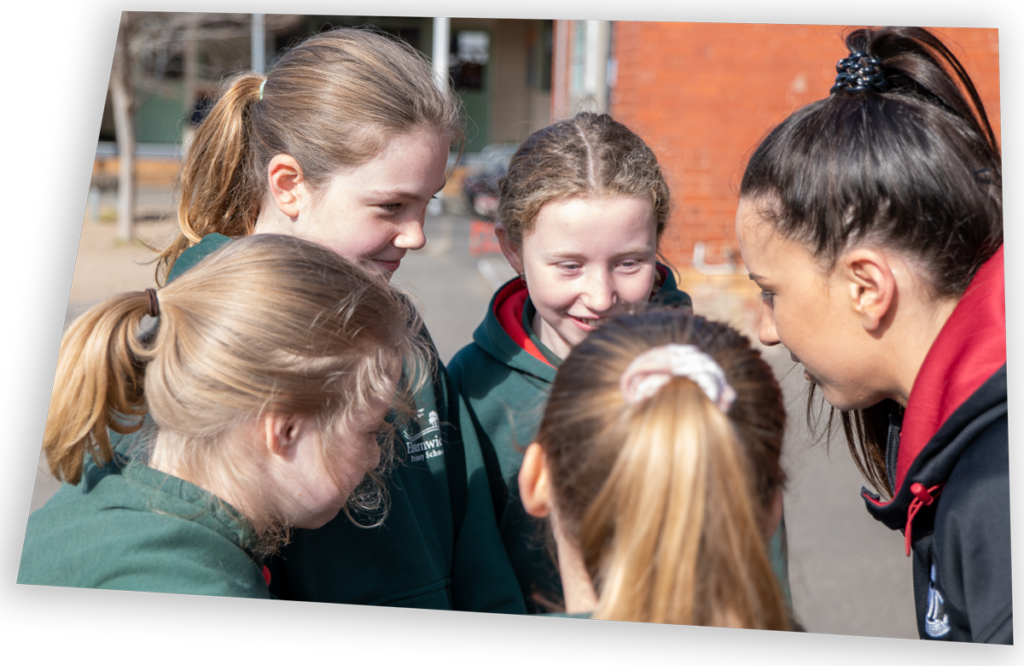
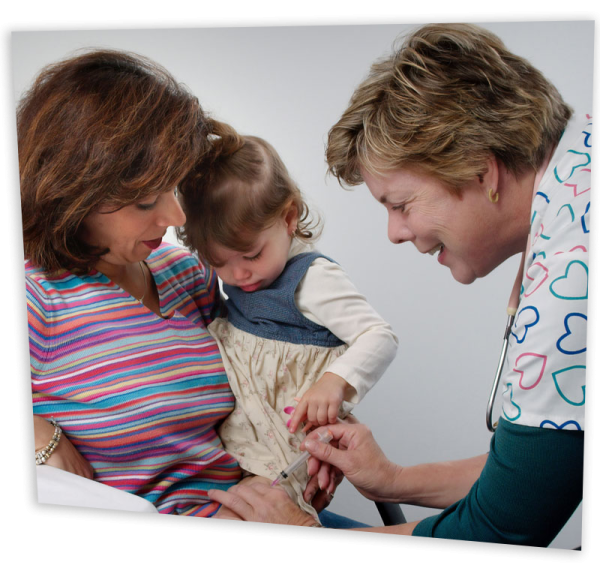
AllPlay Move for Health Professionals
Our AllPlay Move resources for Health Professionals can provide information and guidance on the links between movement and physical activity and the impact this has on promoting positive physical and mental health outcomes for children and young people.
AllPlay Move for Dance Teachers/Sports Coaches
We also have a range of specific resources for dance teachers and sports coaches, who are looking for the tools to make their clubs and studios more inclusive. Learn basic inclusivity and teaching strategies for dance teachers and sports coaches, how to make your studio and club more inclusive, or explore our resources for dance and footy that show how these strategies can be specifically tailored to those activities.
“Supporting children to participate in activities such as dance and sports not only gets them moving, it gives them opportunities to engage socially through working cooperatively and creatively.”
- Olivia Millard, Researcher, AllPlay Move: Dance
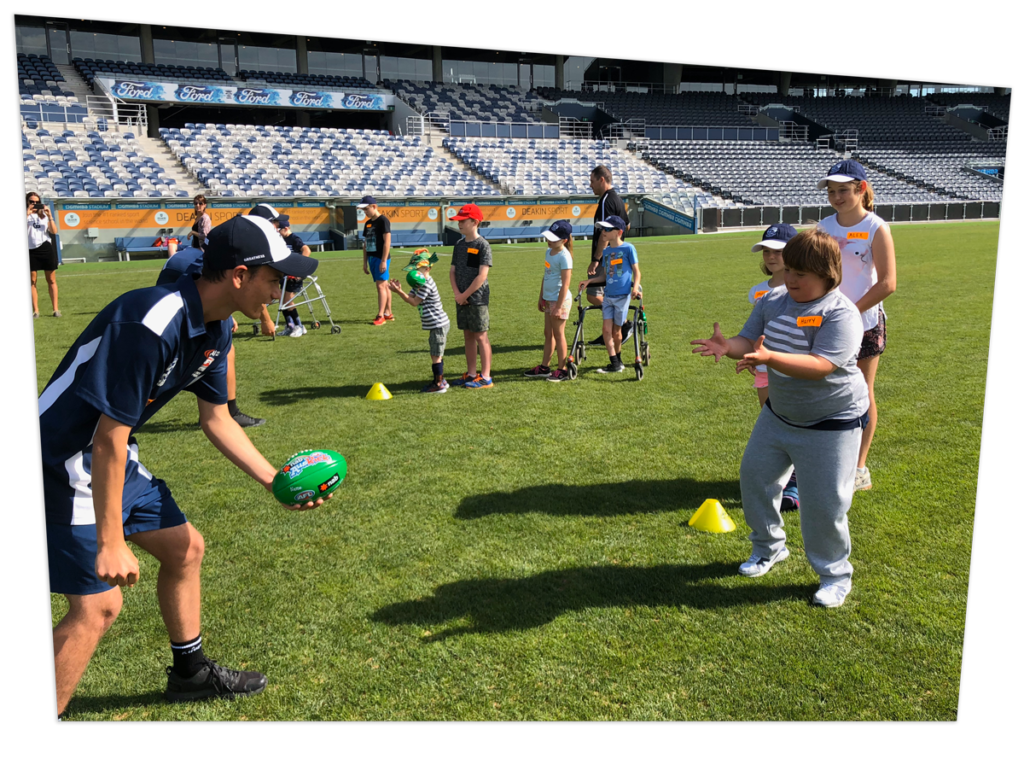
Busting Myths
There are many myths surrounding participation in dance, sport and other forms of physical activity. These myths can mean children and young people may miss out on the important opportunities and benefits of dancing, playing sport and being active. Here are some common myths and facts about dance, sport and physical activity for children and young people.
Myth: Dance, sport and physical activity is not for everyone
Fact: Everyone can play!
Girls can, should and do play. Sport can provide many important benefits for girls such as improving physical health and functioning, opportunities for teamwork and leadership experience, enhancing social networks, and increasing independence and self-confidence.
Children from different cultures may enjoy the opportunity to participate in a group activity that does not depend on being able to speak English well.
Sport and dance helps bridge the gap for us all.
Fact: While many children and young people enjoy success in sport, the benefits and reasons for playing are much broader.
Most children and young people are not going to become world-class sportspeople but their interest in sport or activities links them to others in the community and can help them to develop important life skills.
We know that children and young people who engage in regular exercise are healthier, less likely to become obese, sleep better and can even concentrate better on school work. It also gives children and young people the opportunity to spend time with others and develop friendships with peers who have similar interests. The routine of sports training and recreational lessons and the presence of a supervising adult can give a supportive framework for those who may find it difficult to socialise.
Sport and recreation activities can help children to learn to set their own goals and develop their identity. Achieving these small personal goals can be as important as winning in helping self-esteem.
Fact: All children and young people can participate.
Although there may be some sports that may be difficult for children with some physical conditions. With help from the child, their carers and treating doctors a plan can be devised that supports children and young people to participate in dance, play sport and be active.
For some, adaptations to their environment may be needed for example, for children who use wheelchairs or for those children with neck instability to ensure the activity is safe for them. Medication and other treatment plans also need to be available for children with asthma or severe allergies.
The AllPlay Medical Summary enables doctors to document important information to ensure children participate in activities to their full ability.
Fact: Everybody starts somewhere.
Most children and young people go through a steep “learning curve” when they start a new activity and continue to learn skills as they progress. For some children and young people, this learning will take place more slowly, and may require more specific help.
It is important to find the right way for teachers, coaches, other parents and peers to communicate with a child or young person. This may mean using shorter instructions, giving visual prompts such as signs and pictures, or repeating instructions.
Some parents practise the language and routines of the sport or activity at home, so the child or young person feels better prepared to listen to a teacher/coach’s instructions or better understands the activity.
A buddy or teacher/coach can help children and young people to make decisions during an activity that they may find difficult.
Fact: Sometimes, children and young people can forget how it feels to be outdoors in the community and to be engaging with others.
Creating a specific plan will help to support children to engage in activities outside the house, especially for some children who may experience mobility issues, ill-health, social difficulties and anxiety. Participation may need to start slowly to give children the opportunity to move out of comfortable routines.
Choice of an activity is also important: some children find it much more rewarding to challenge themselves than be part of a group. Recreation activities that are individually based, such as running, dancing or swimming, may suit these children.


